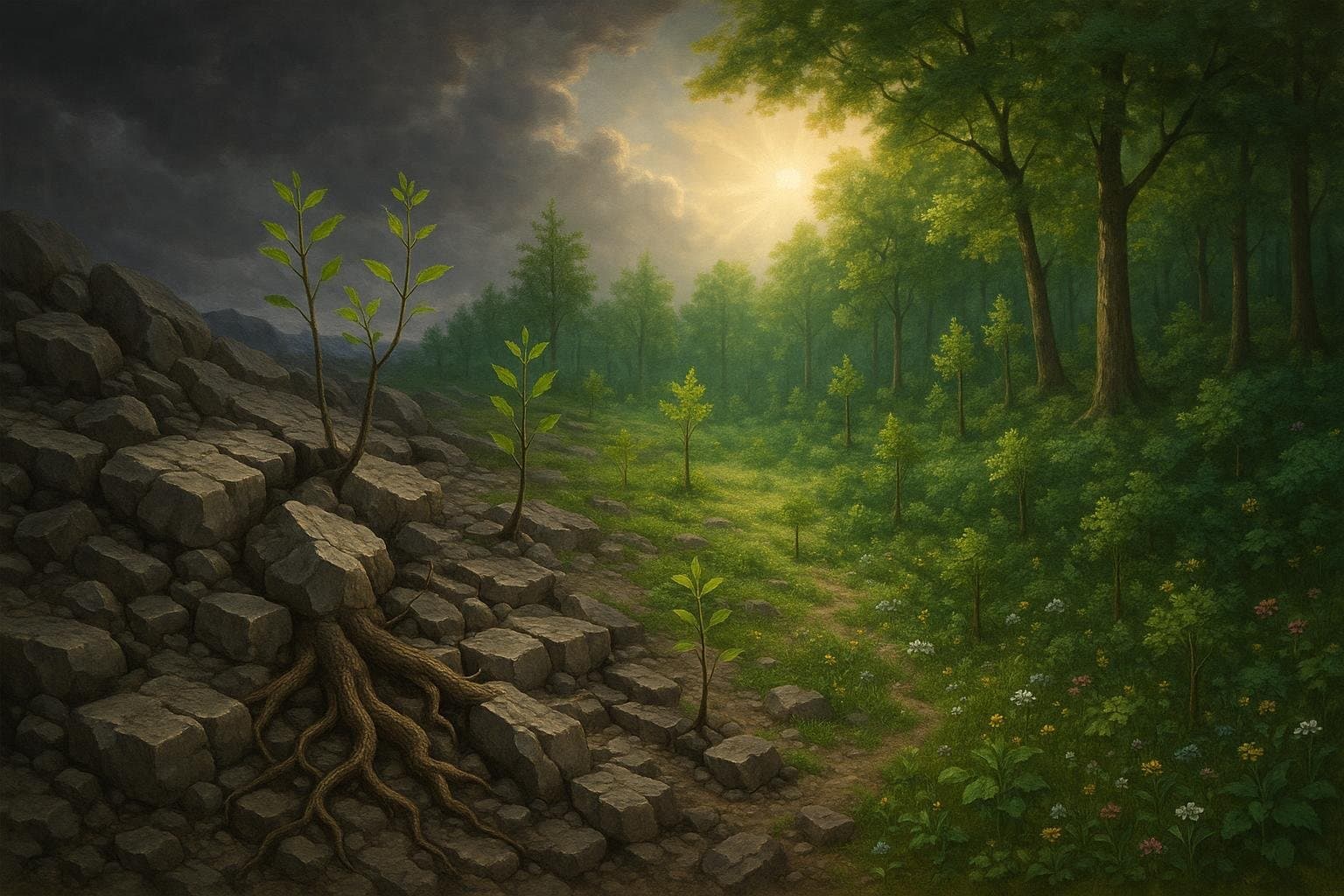How Adversity Cultivates the Roots of Greatness

Greatness thrives in the fertile soil of adversity. — William Ellery Channing
—What lingers after this line?
One-minute reflection
Where does this idea show up in your life right now?
Adversity as a Source of Growth
Channing’s metaphor emphasizes that adversity, often dreaded, is actually the soil from which greatness springs. Just as plants struggle through rough ground toward sunlight, individuals develop resilience and strength when faced with difficulty. This framing encourages us to see obstacles as essential building blocks, rather than mere barriers to success.
Historical Examples of Overcoming Hardship
History is replete with figures whose greatness was forged in the crucible of adversity. Abraham Lincoln, for instance, endured repeated political defeats and personal losses before leading the United States through its Civil War. Such examples reinforce Channing’s idea that challenges fuel determination and innovation, propelling individuals toward extraordinary achievements.
Philosophical Perspectives on Struggle
Philosophers from the Stoic tradition, notably Marcus Aurelius, echoed similar sentiments—arguing that obstacles reveal one’s true character. In his 'Meditations', Aurelius wrote, 'The impediment to action advances action. What stands in the way becomes the way.' Both Channing and Aurelius advocate embracing adversity, not only for personal growth but also as a framework for living well.
Psychological Resilience and Adversity
Modern psychology supports the view that resilience is cultivated through overcoming hardship. Studies, such as those by psychologist Emmy Werner, have shown that individuals who experience and surmount adversity often develop greater coping skills, empathy, and confidence. This aligns with Channing’s assertion: challenges are not just endured—they foster the inner qualities that define greatness.
Transforming Setbacks Into Opportunity
Ultimately, Channing’s quote encourages a shift in mindset. Rather than viewing challenges as defeats, we are urged to treat them as opportunities for self-discovery and improvement. Like seeds that germinate best when buried in rough soil, people, too, can transform setbacks into stepping stones, continually reaching toward their full potential amid adversity.